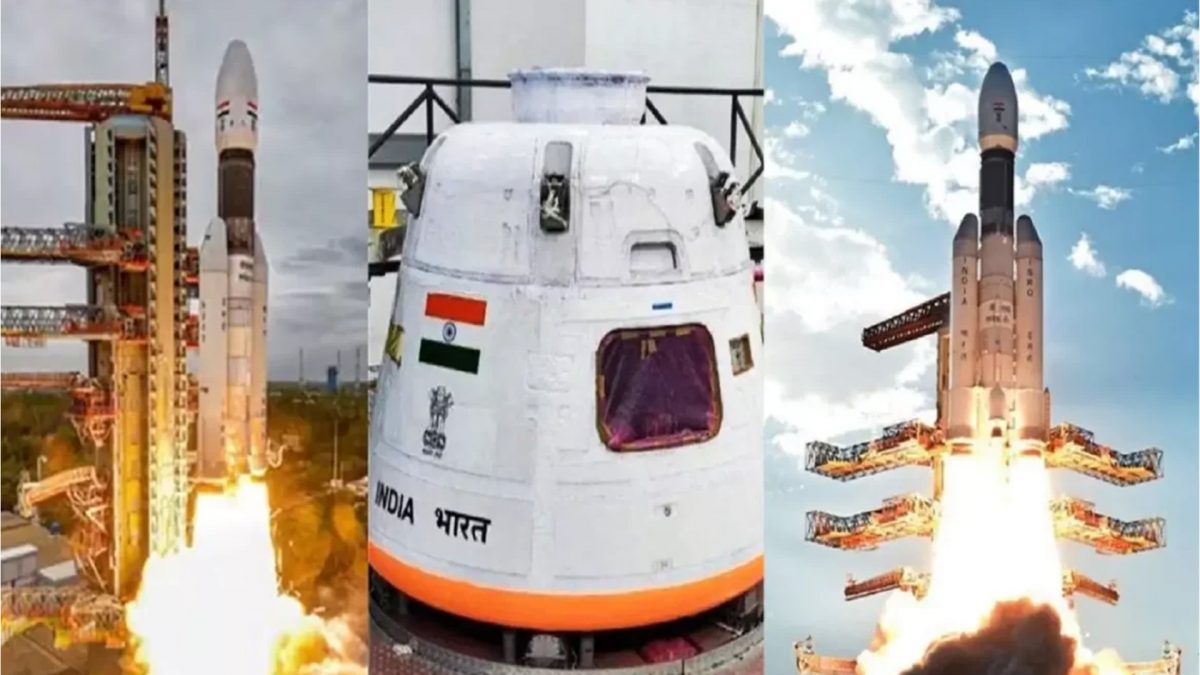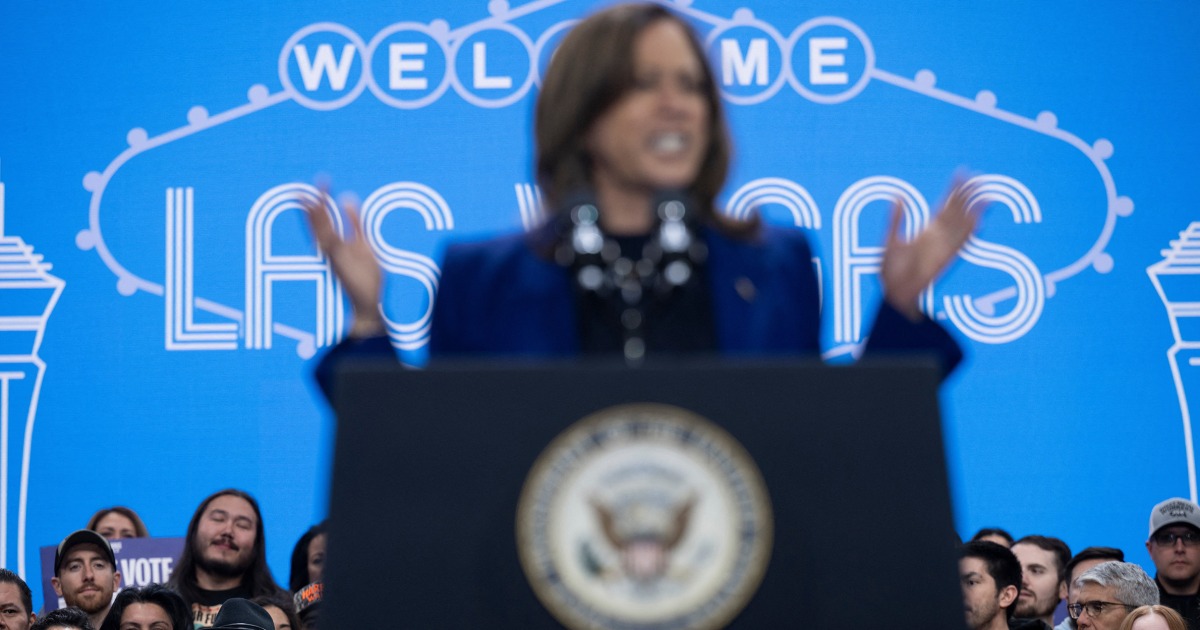
India’s eagerly anticipated Gaganyaan mission, aiming to send its first astronauts into space, has been postponed to 2026, extending the original timeline by a year. The Indian Space Research Organisation (ISRO), led by Chairman S. Somanath, announced that this adjustment reflects a strong commitment to safety, especially in light of recent industry setbacks worldwide.
ISRO has lined up a series of rigorous uncrewed test flights to verify key systems before the manned mission. This cautious approach is intended to ensure that when India joins the select group of nations with human spaceflight capabilities, it does so with the highest standards of reliability. Increased funding for critical phases Recognising the mission’s significance, the Indian government recently allocated an additional Rs 111 billion to Gaganyaan, boosting the programme’s budget to support its final testing and training stages.
With these funds, essential mission components are now moving to ISRO’s Sriharikota spaceport, bringing the mission closer to reality. This investment underscores the government’s determination to advance India’s space capabilities while prioritising astronaut safety. Intensive testing to continue ISRO has undertaken a rigorous schedule of preparatory tests, including evaluations of emergency escape mechanisms and recovery systems.
This December, an uncrewed test flight, known as G1, will feature a humanoid robot, Vyomitra, to test critical components such as re-entry, parachute deployment, and a controlled splashdown in the Bay of Bengal. Following G1, three additional uncrewed missions will complete the testing phase. Somanath emphasised the importance of this systematic testing during a recent discussion in New Delhi, referencing challenges faced by Boeing’s Starliner programme as a reminder of the high stakes involved in human spaceflight.
India’s H1 mission aims to transport one or two astronauts to low Earth orbit, about 400 kilometres above the planet’s surface. Advanced training for the crew The mission’s crew, including Indian Air Force test pilot Shubhanshu Shukla, has been engaged in intense training both domestically and abroad. Shukla is scheduled to join a mission to the International Space Station (ISS) with Axiom Space in Houston, where he will train under former NASA astronaut Peggy Whitson.
This experience, covering key skills like navigation and docking, will be invaluable for the Gaganyaan mission, where precision and coordination are paramount. With its first astronaut mission on the horizon, India is taking a cautious but ambitious path forward, aiming to secure a safe and successful journey for its crew and establishing itself as a significant player in human space exploration..














